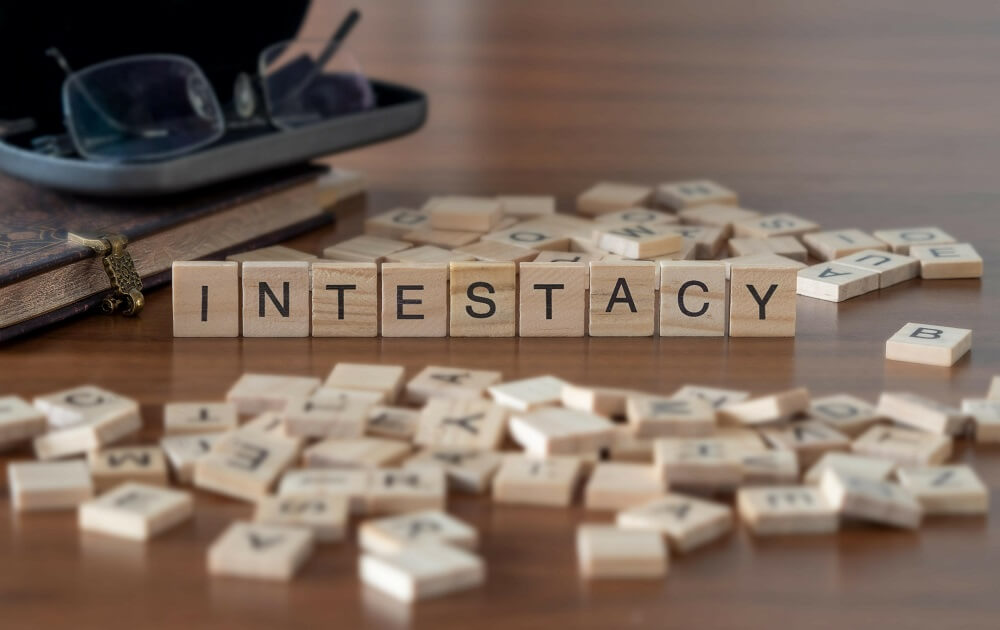What is an Intestacy Rule
When a person dies without a valid will, they are known to have died intestate. This means intestacy rules will apply to how their whole estate will be shared out. Only a few relatives can inherit under intestacy rules such as those who are married, in a civil partnership or close relatives.
A relative or friend can apply to become an administrator to administer the estate which includes the distribution of assets and organising the payments for any debts according to the intestacy rules. In Scotland, this process is called confirmation.
Who inherits without a will
In England and Wales, individuals who are married or in a civil partnership at the time of death is usually eligible to inherit from the estate.
If the estate is less than £270,000 the partner will inherit the whole estate.
If the estate is worth more than £270,000 and there are children, then the partner inherits:
- The first £270,000 of the estate, personal possessions, and half of the remaining estate
- The other half is divided equally between the children
If there is no surviving partner, any children will inherit the whole estate and if there is more than one child then the estate will be split equally between them. If the child is under 18 their share will be held in trust until they reach the age of 18.
A child will still inherit from the estate of the deceased if the parents were unmarried or not registered in a civil partnership. Adopted children will also have the same rights.
If you are unsure who will inherit from an estate, you can follow the below link to the government website where you will be able to understand who will be entitled to inherit.
gov.uk/inherits-someone-dies-without-will
In Scotland, if there are no children or surviving relative the spouse inherits the entire estate. If there are children, the spouse is entitled to ‘Prior Rights’ and legal rights to the remaining estate which is set out in the Succession (Scotland) Act 1964.
In Northern Ireland, if the estate is worth less than £250,000, the spouse will inherit the entire estate.
Other Close relatives
Grand children or great grandchildren cannot inherit unless their parent/grandparent deceases before the intestate person or their parent is alive when the intestate person passes but passes before the age of 18 unmarried and without entering a registered civil partnership.
If the above applies, the grandchildren and great-grandchildren will inherit equal shares, which their parent or grandparent would have inherited from the estate.
Other family members including brothers and sisters, or nieces and nephews of the intestate person may be entitled to inheritance depending on:
- whether there is a surviving married or civil partner
- whether there are children, grandchildren or great-grandchildren.
- in the case of nephews and nieces, whether the parent directly related to the person who has died is also dead
- the amount of the estate
Who cannot inherit
- unmarried partners (cohabiting)
- relations by marriage
- friends
- carers
Although there is no claim under intestacy rules for the above, there is still a possibility to apply through the courts for a financial provision from the estate and the outcome will be decided by the judge.
If there are no surviving relatives, the person’s estate will pass to the Crown where the Treasury solicitor is responsible for dealing with the estate.




